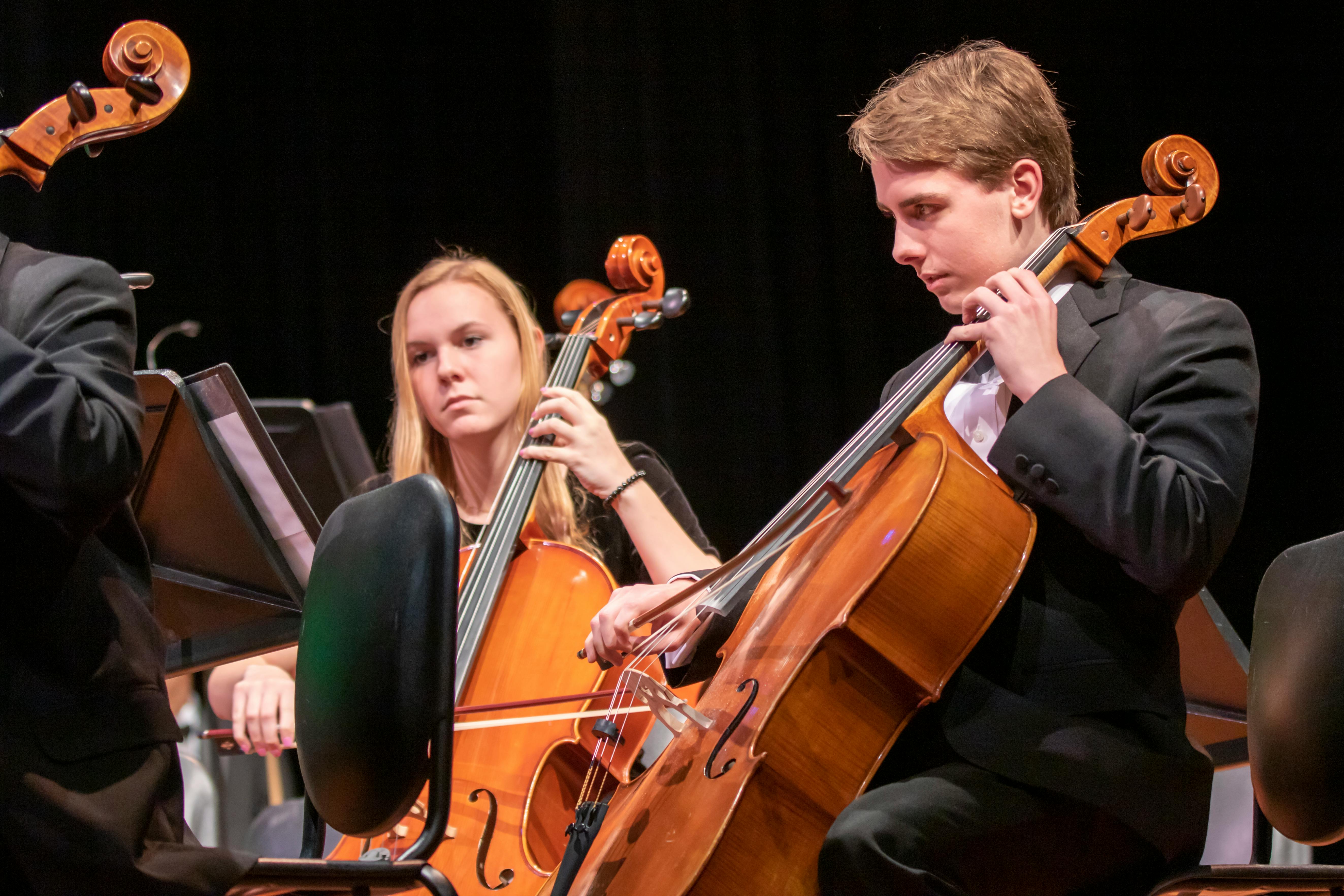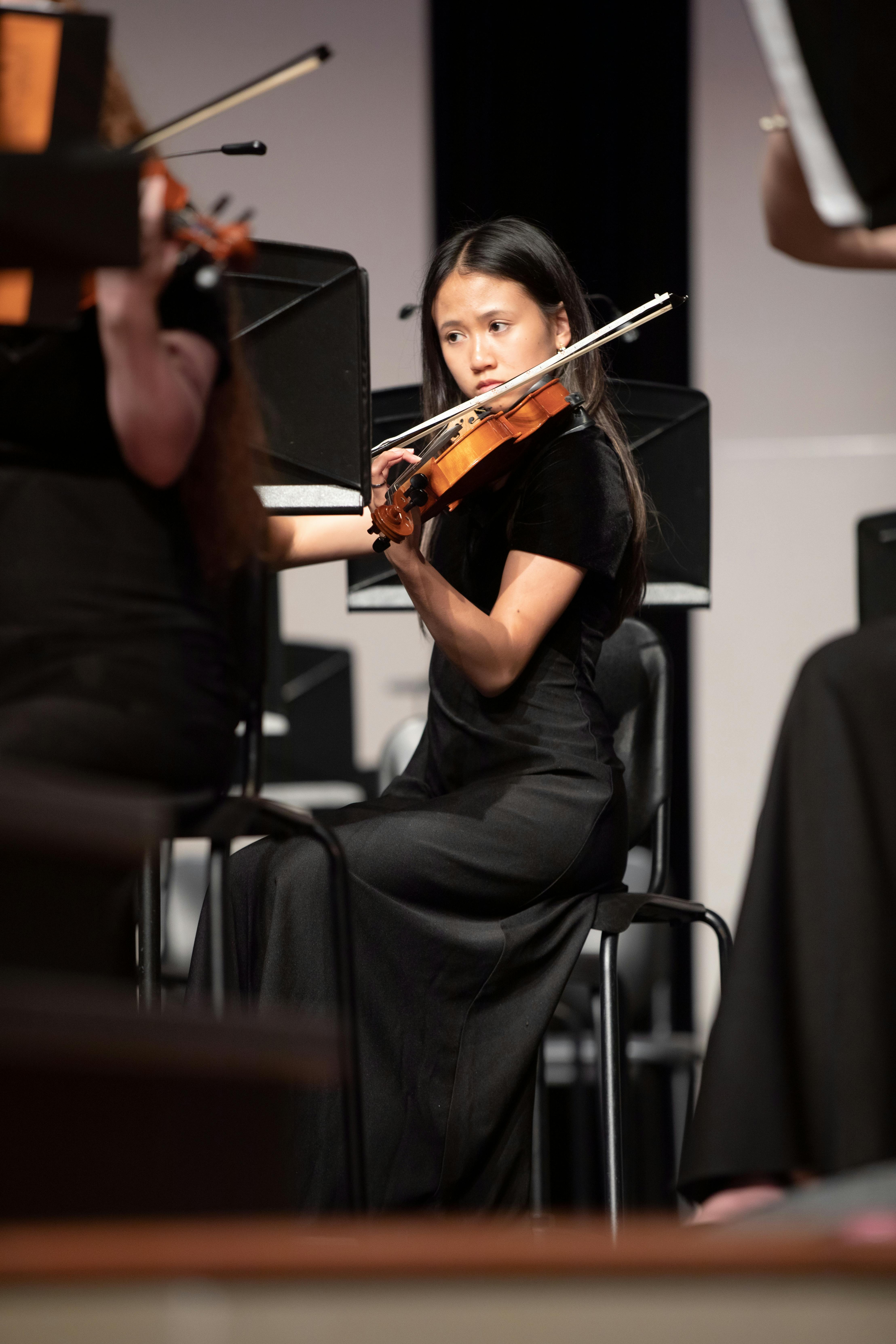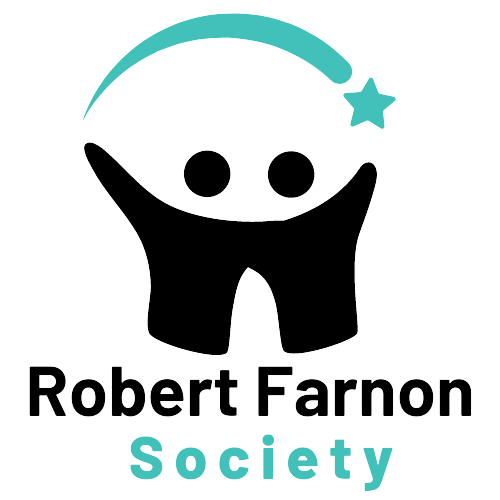Robert Farnon orchestra
Robert Farnon orchestra

Robert farnon orchestra
Robert Joseph Farnon was a Canadian composer, conductor, arranger, and trumpeter who was born in Toronto on July 24, 1917 and died on the island of Guernsey on April 22, 2005. Famous for his film and radio themes, prolific light music composer McDonald, Tim's greatest writer Robert Farnon orchestra, a Canadian-born composer, arranger, and conductor who died at the age of 87 after a career spanning 70 years, was nicknamed "the guv'nor" by Frank Sinatra in 1962 when the two men first met in London to work on an album. It encapsulated the fact that Farnon's name was synonymous with the highest quality craftsmanship conductor andré Previn called. Farnon was born in Toronto into an unusually musical family. His father, a clothier by trade, also played the violin; his mother and sister were pianists; his elder brother, Brian, played in a jazz band; and his younger brother, Dennis, who was also a talented musician, later wrote scores for the Mr Magoo cartoon character.Life
He was a captain in the Canadian Army during World War II and was in charge of conducting and arranging the Canadian Band of the Allied Expeditionary Forces, a group similar to the Glenn Miller-led U.S. Army Air Forces Band. Farnon made the decision to relocate to England after the war, and he eventually settled with his wife and kids on the Channel Island of Guernsey. At the age of 87, Robert Farnon passed away in a hospice close to his Guernsey home, where he had lived for almost forty years canada early.Effective
Jumping Bean and Portrait of a Flirt, both of which were initially made available as A and B sides on the same record, are arguably the two pieces by Robert Farnon for which he is most known. The Westminster Waltz and A Star Is Born are two further well-known pieces. Farnon also composed the music for more than forty full-length movies, including Des Königs Admiral (1950) and people in Germany were particularly familiar with his composition Melody Fair, which served as the show's theme song. With music from Studio B, Farnon conducted and orchestrated in 1962 american band.Honours
Robert Farnon received a Grammy Award in 1996 in addition to four Ivor Novello Awards.The Golden Age Of Light Music: Percy Faith, Upon Special Request (180g)
Sir Ernest MacMillan and the Toronto Symphony Orchestra premiered his first symphony, Symphonic Suite (1938), in 1941. Unfortunately, the score and portions of this work were lost at sea. The Ottawa Symphony, known as Symphony No. 2 in B, was composed in 1942 and premiered the following year, also under the direction of MacMillan eric coates. A symphonist, the Cascades To The Sea (which suffered the same fate as the First Symphony), and an Etude for Trumpet were among the other orchestral works. Farnon was the conductor of the Allied Expeditionary Forces Canadian band by 1943, having enlisted in the Canadian army when war broke out. He brought the band to England in 1944, and light music became the dominant genre in the band from then on leading orchestras.1951's Circle Of Danger (UK Import)
This vintage British mystery thriller is directed by Jacques Tourneur and stars Ray Milland as an American who goes to London to find out what really happened to his brother.Great Marches by Orchestral works

My Dream Is Yours: Canadian band
Farnon's film scores included I Live In Grosvenor Square, Spring In Park Lane, Maytime In Mayfair, Lilacs In The Spring, Elizabeth Of Ladymead, and King's Rhapsody, all written for Herbert Wilcox productions. Farnon made many outstanding albums and influenced other writers as the resident conductor/arranger for Decca (the London label in the United States). Andre Previn, for example, called him "the world's greatest string writer." Bing Crosby, Frank Sinatra, Tony Bennett, Vera Lynn (for whom he arranged and conducted her first number-one US hit, You Can't Be True Dear, in 1948), Ray Ellington, Lena Horne, and José Carreras were among his many vocalists.The Great Century of Light Music: The Golden Age of Light Music.

